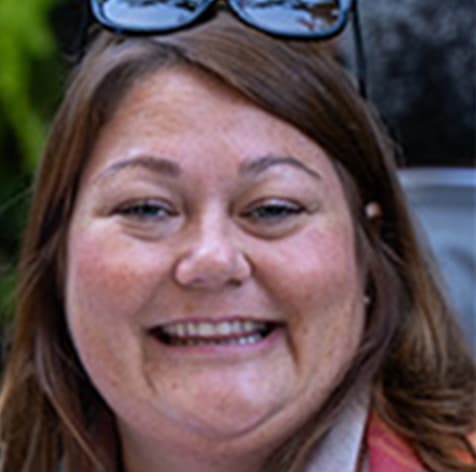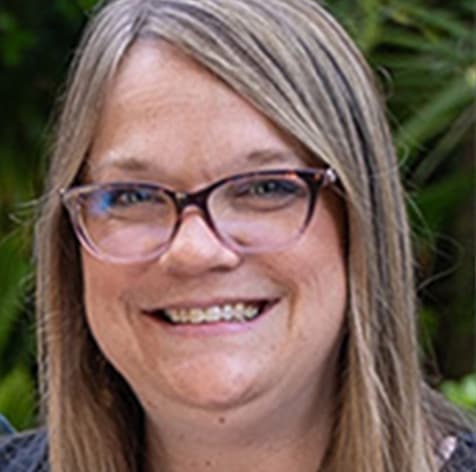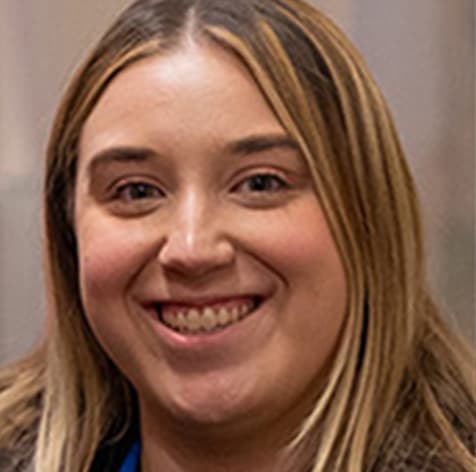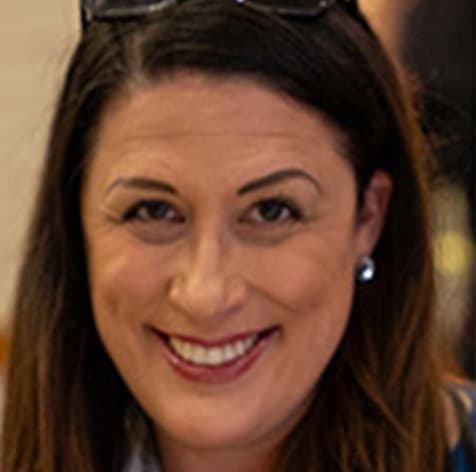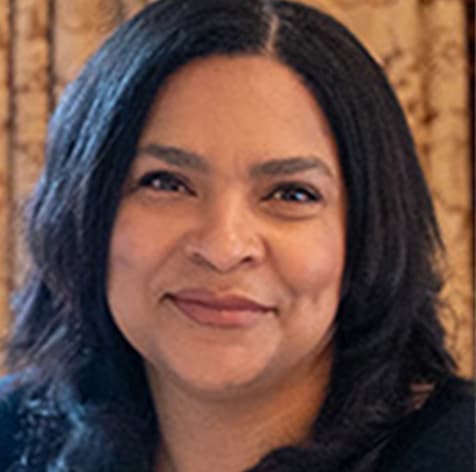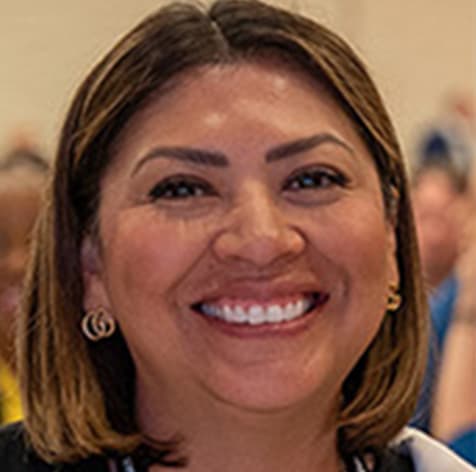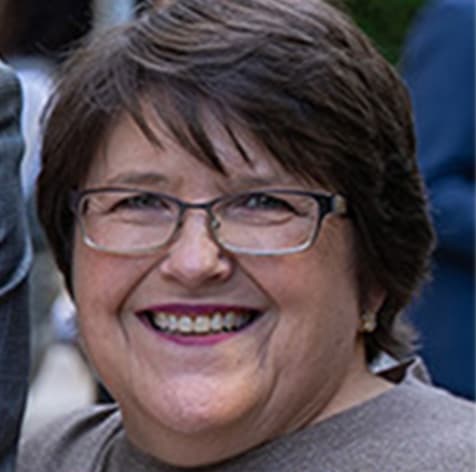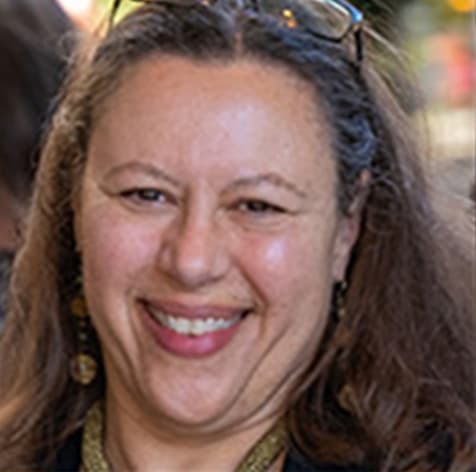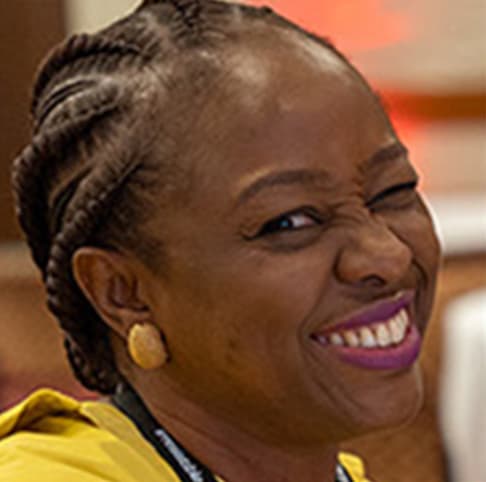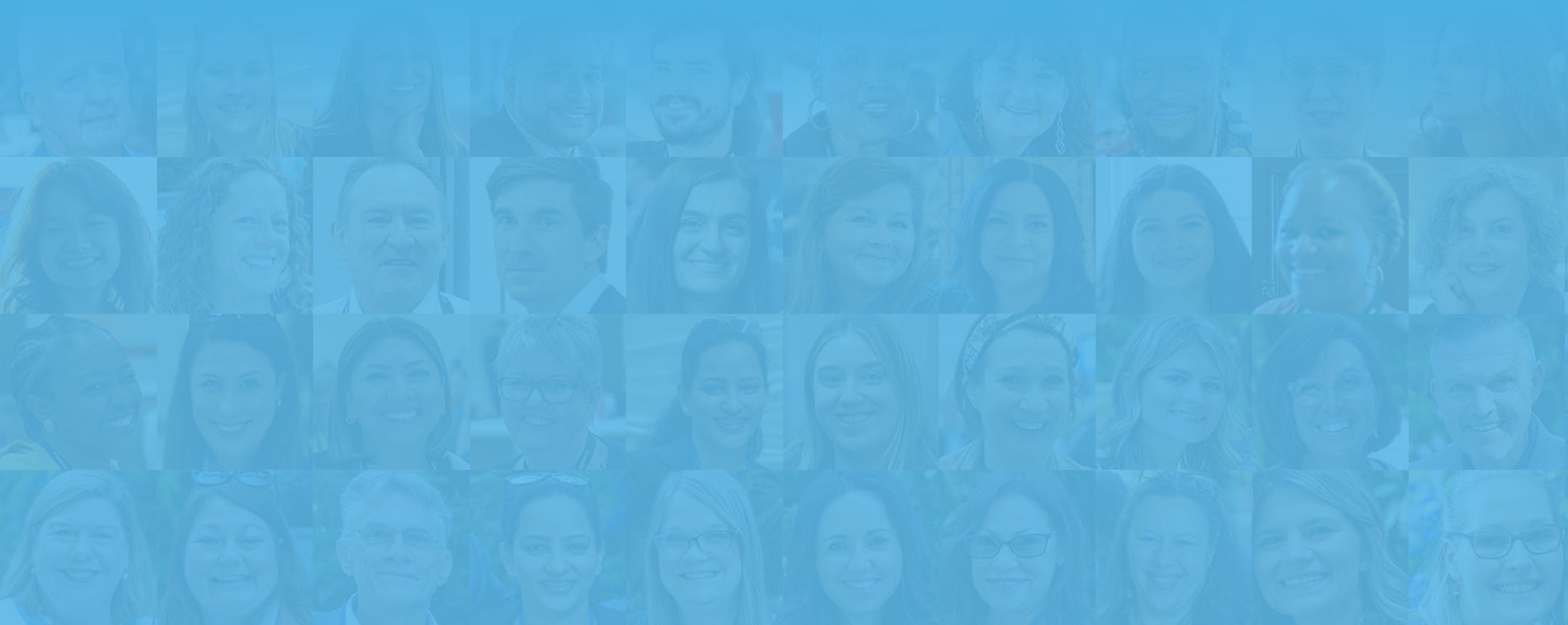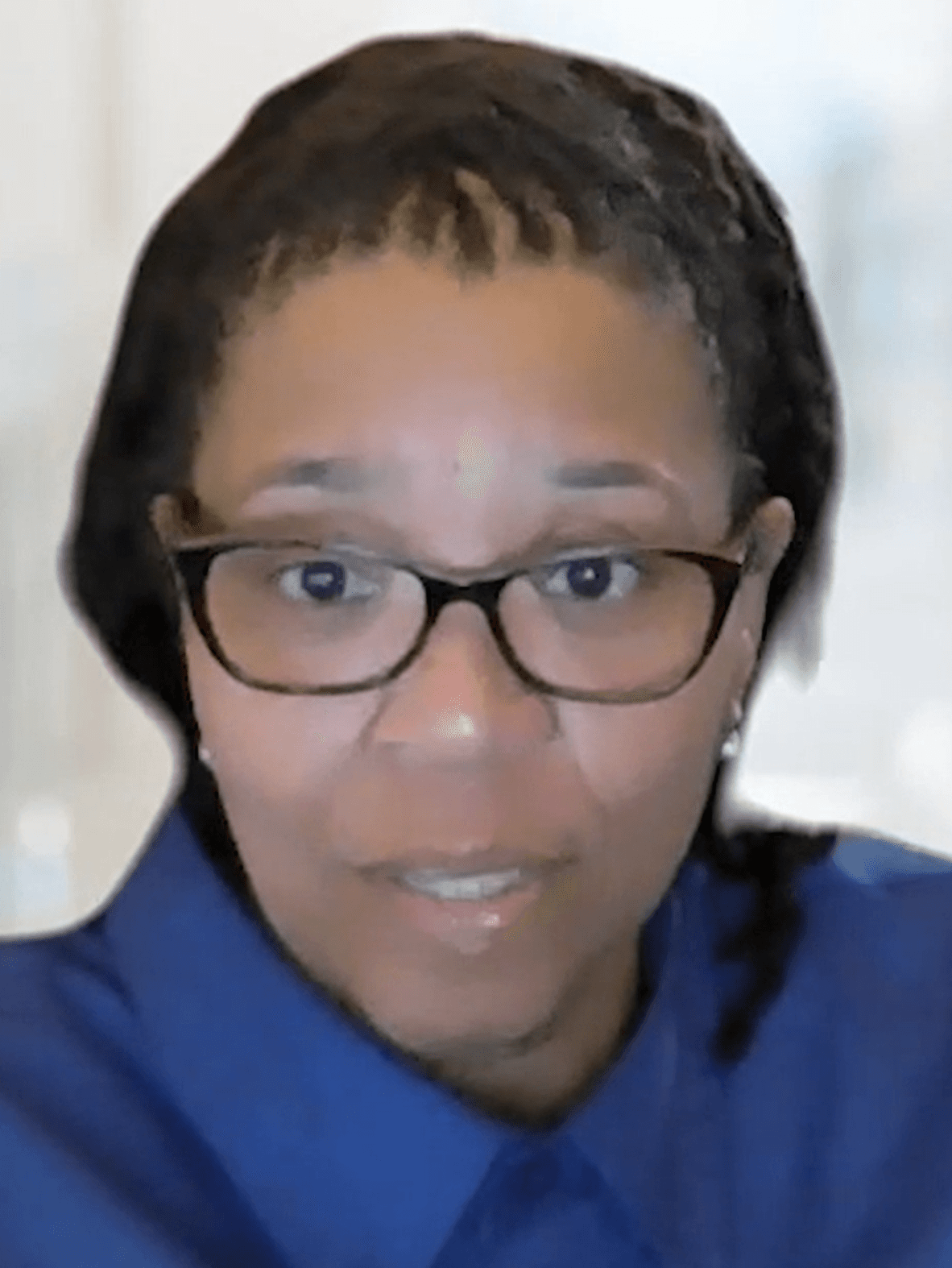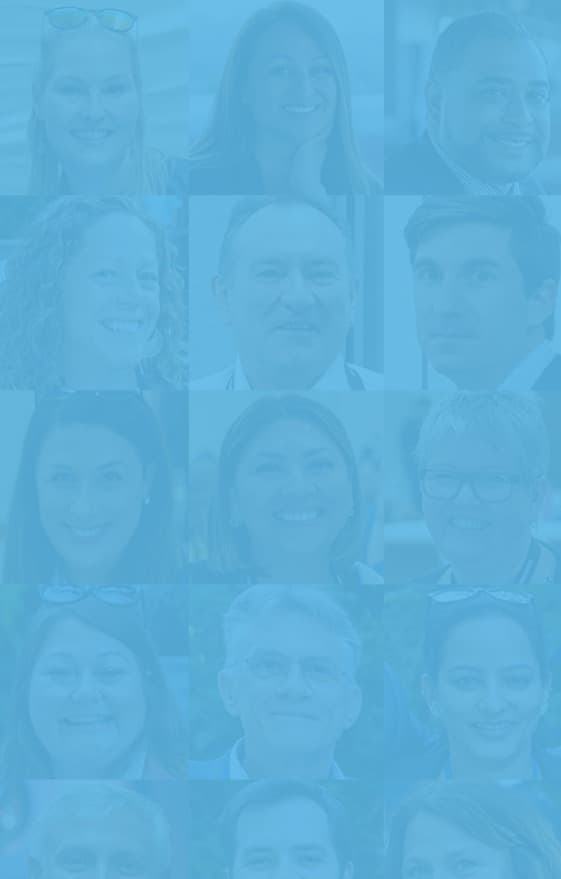
Unmatched access to the greatest HR minds.
Upskill with the world’s largest community of HR practitioners, mentors, and innovators. Stay one step ahead of industry changes and keep your career evolving.
Recent Community Topics

This month saw the global launch of the AI Learning Collective. The AI Learning Collective is a dynamic initiative that provides clarity, connections, and reliable information in the evolving world of AI and learning.




I'm new to people analytics and come from the operations world where we measure our performance against KPIs weekly. I'd love to hear from some of you who have learning experience bringing other datasets together with Employee Experience data: what's been most exciting, surprising, or valuable?




Expert-led, cohort-based courses designed to unlock your full potential.
Over 25 courses rooted in world-class research from The Josh Bersin Company and instructed by the top voices in HR from across the globe.

The Changing Face of Total Rewards
The Changing Face of Total Rewards is an introduction to the core philosophies at the heart of total rewards. Whether we’re talking about it as a department or a strategy, total rewards is…
View Course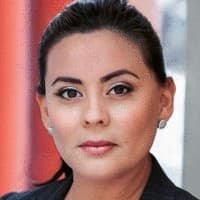



The HR Consultant: A Masterclass with Bill Pelster
As HR professionals continue to solve new problems and partner with every part of the business, our roles as practitioners have changed. Increasingly, the most valued HR leaders are…
View Course

Design Thinking for HR Workshop
The Design Thinking for HR Workshop draws on these principles to create a practical framework HR professionals can apply to solve complex problems. Through this course’s hands-on approach,…
View Course



Artificial Intelligence in HR
Artificial intelligence (AI) has exploded into our lives recently. After 45 years of research, computer scientists have developed systems that can talk to us, classify photos, and create…
View Course



Performance Management Reimagined
The Performance Management Reimagined course shines a spotlight on two shifts we are seeing surrounding performance management and explores why these changes are so key to success in…
View Course



People as Competitive Advantage
This course gives every HR professional a core understanding of our role. What is the real role of people in business, and how can we build a company that truly leverages people for…
View Course


Your virtual hub for HR upskilling.
Build future-ready skills at your own pace in an engaging virtual environment through live courses and searchable microlearnings
"The MasterClass of HR" designed to stay ahead of constant shifts in the industry.
For Individuals
Professional development designed for every level of experience
Maximize your potential as an HR professional
- Upskill at your own pace in the topic areas that you value most
- Grow your personal network and connect with HR peers and mentors
- Enroll in live, cohort-based courses led by top industry leaders
- Apply lessons learned to your real-world work immediately
For Teams
Collaborative, targeted professional development for businesses and teams of all sizes
Support & scale your HR team
- Access our expert Enablement team to help you get the most from membership
- Assess individual skillsets and identify team knowledge gaps
- Provide targeted professional development and increase employee retention
- Stay ahead of industry shifts with an ever-growing library of resources rooted-in-research

Global analyst Josh Bersin and his team of industry-leading researchers & advisors built The HR Academy to revolutionize HR learning and development.



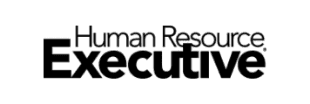


Real-world courses create real-world results.

